Business
Afrinvest projects 25% adjustment of the naira
Published
10 years agoon
By
Olu Emmanuel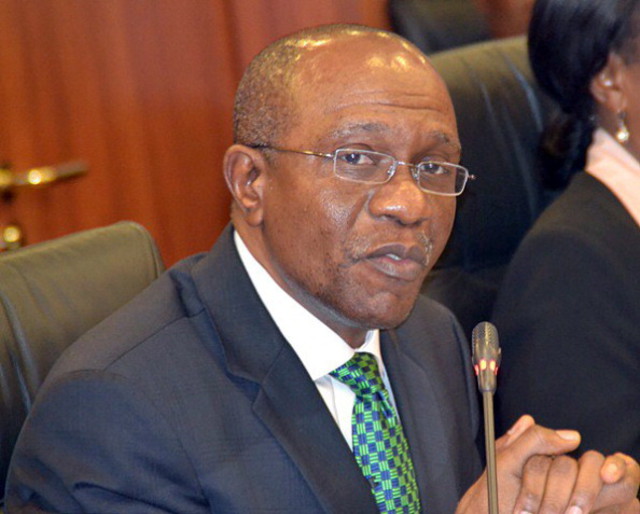
…says pressure on the naira may continue unabated
By ODUNEWU SEGUN
WITH foreign reserves at lows of US$28.7 billion and oil prices fluctuating between $28 and $30 per barrel, Nigeria’s response at cushioning declining revenue is said to have worsen the cloud of investors’ uncertainty, a situation that has led to the rout in Nigeria’s financial system.
In a report recently released by financial sector analysts, Afrinvest and titled ‘Nigerian Economy and Financial Market: 2015 Review and 2016 Outlook,’ it said: “With unrelenting downward pressure on crude oil prices and the continuous strengthening of the dollar, we opine that the pressure on the naira may likely continue unabated. We believe that the current stance of the apex bank on the foreign exchange rate is unsustainable in the wake of the higher interest rate environment in the United States, weaker global outlook on oil prices and reduced accretion to the reserves.”
Contrary to an expectation of a likely upward review and possible devaluation of the naira, the Monetary Policy Committee (MPC) of the CBN at its January meeting retained headline interest rate at 11 per cent while holding bank reserve requirements at 20 per cent. It also retained an asymmetric corridor of plus two per cent and minus seven per cent around the Monetary Policy Rate (MPR).
According to Afrinvest, despite the huge crash in value of the Naira against world’s major currencies, CBN maintained its official rate at N197/ USD1 thereby creating wider parallel market margin of about 50 per cent, the highest so far in the history of Nigeria’s currency market.
ALSO SEE: Centre berates CBN over inconsistent policies
It warned that the low price of crude oil in the international market might lead to fiscal crisis in Nigeria, which if not addresses urgently, would constitute a major threat to social stability in Nigeria.
“The impact of lower crude oil price is likely to keep domestic output growth at a sub-optimal level. (This is) as consumption expenditure which contributed 74 per cent to Gross Domestic Product, GDP, in the second quarter of 2015 stays soft, while private sector investment, which is 17 per cent of GDP may be constrained by currency market challenges and the higher risk environment.”
The Report argued that the lower oil price regime would put pressure on the Naira and trigger devaluation in the nation’s currency. To this end, it projected a minimum of 25 per cent adjustment of the Naira by the CBN before the end of the first half of the year, to about N265 to the dollar.
Chief Economist, PwC Nigeria, Mr. Andrew Nevin, warned that growth headwinds will persist in Nigeria as low oil prices present fiscal and current account challenges. He, however, noted that with government’s support and improved tax collection, non-oil revenues could see significant increases, keeping Nigeria’s deficit to around 2.5 per cent of GDP.
“Growth will rebound after a disappointing 2015 to almost five per cent in 2016 as tight fuel supplies and power outages abate and a more accommodative monetary and fiscal stance takes hold. A crackdown on corruption should also help to increase FDI inflows, supported by improved security and better governance” he explained.
Chairman of Petroleum Technology Association of Nigeria (PETAN), Mr. Emeka Ene, noted that the nation’s crude oil reserves might not sustain the realisation of the country’s long term economic targets if urgent measures were not taken to boost exploration activities and build reserves.
He argued that Nigeria’s long-term economic aspirations are at stake under current industry impasse where exploration investments have fallen, dragging down field activities and compelled redundancy and massive lay-offs across the industry.
Also speaking, the Managing Director, Seplat Petroleum Development Company Plc, Mr. Austin Avuru, decried the country’s low reserves status, saying that despite the highly advertised economic contributions of the petroleum industry the sector has become a drag on the country’s gross domestic product, GDP.
ALSO SEE: Volatility spikes as NSE indicators shave 1.73%
Avuru, blamed the direct impact of the oil price drop on the inability of the government to build a strong Sovereign Wealth Fund to cushion sudden price shocks in the crude export market.
He pointed out that despite the current low oil prices, other OPEC countries are driving exploration and production activities with sovereign wealth funds while Nigeria has been plunged into a deep cash crunch due to unavailability of such funds.
He pointed at falling oil production from the traditional onshore and shallow water terrains from 2.4 million bpd to current 1.2 million bpd, adding that production from the deep water, which should have increased the nation’s production only stabilised at 2.4 mbd.
You may like


Appeal Court nullifies Emefiele’s asset forfeiture, Orders retrial


Naira gains 1.28% in official market in May amid oil price risks, currency volatility
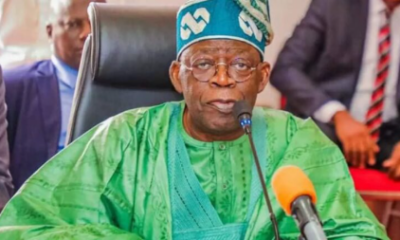

Tinubu: Diaspora APC chieftain tasks local banks on reforms
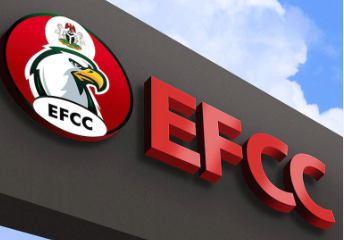

Alleged corruption: EFCC witness details wow Emefiele allegedly received $17.1 million in cash
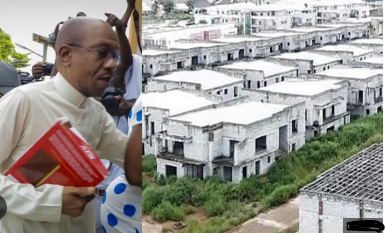

FG to auction 753 housing units forfeited by Ex-CBN Gov. Emefiele in Abuja
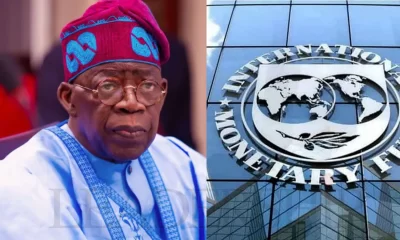

Nigeria’s debt rises to N74.38trn, $44.9bn despite IMF loan repayment
Trending

 Entertainment5 days ago
Entertainment5 days agoSimi addresses resurfaced 2012 tweets amid online backlash

 Comments and Issues1 week ago
Comments and Issues1 week agoNigeria’s Declining Oil Output and Soaring Foreign Portfolio Investment Inflow

 Comments and Issues1 week ago
Comments and Issues1 week agoEx-prince Andrew’s arrest, lessons for Nigeria

 Health7 days ago
Health7 days agoSCFN, LUTH introduce bone marrow transplants as curative treatment for sickle cell

 Comments and Issues1 week ago
Comments and Issues1 week agoThe Seyi Tinubu’s jellof rice, loaves of bread

 Health3 days ago
Health3 days agoDeclassified CIA memo explored concealing mind-control drugs in vaccines

 Football7 days ago
Football7 days agoHarry Kane nets brace as Bayern edge Frankfurt 3–2 to go nine points clear

 Football7 days ago
Football7 days agoLate Flemming header stuns Chelsea as Burnley snatch 1–1 draw at Stamford Bridge

